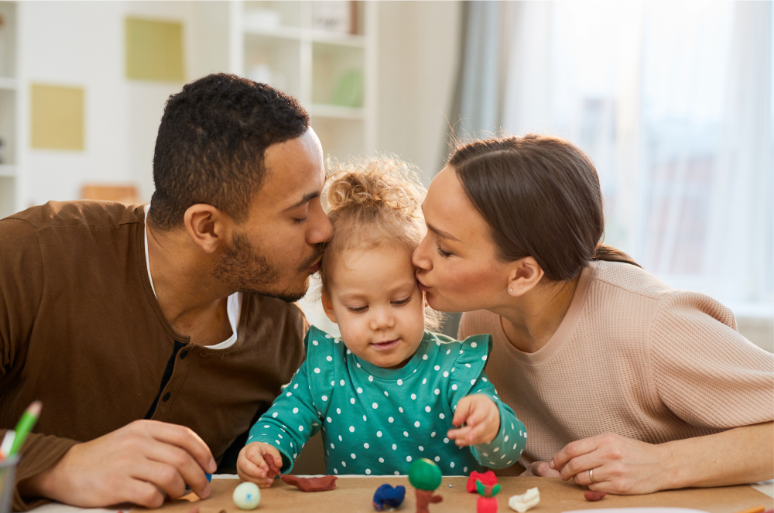Information for professionals
In Britain, five children in a classroom of 30 are likely to have a mental health problem (The Children’s Society, 2022). All of these children will have had contact with schools, and teaching staff are often the first to spot when children have difficulties. Schools frequently have to cope with children who have complex emotional and behavioural difficulties which lead to them not being able to benefit fully from the educational system.
Play Therapy not only helps children to recover from difficult life experiences, but in doing so, also helps children to be more receptive to learning and therefore enables their educational needs to be better met.
For more information please read our What is Play Therapy page.

Information for Parents/Carers
Parents and carers often worry when their child has a problem that causes them to be sad, disruptive, rebellious, unable to cope or inattentive. You may be concerned about your child’s development, eating or sleeping patterns and how they are getting along with family, friends and at school.
Every child is unique and special but sometimes they experience problems with feelings or behaviours that cause disruption to their lives and the lives of those around them.
Some parents and carers may delay getting help because they worry that they will be blamed for their child’s behaviour. Feeling concerned and taking responsibility for a child’s distress or problems is a normal part of caring. The fact that you have the commitment to start addressing the difficulty is a significant part of helping your child.
For more information please read our What is Play Therapy page.

Child Friendly Resources
If you have been told that you are going to Play Therapy you may find the information in this image useful.
